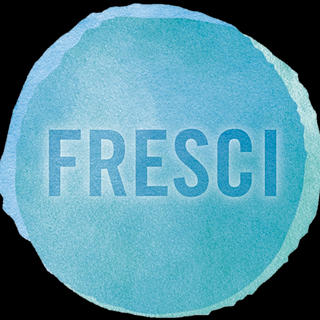DIVING INTO THE SCIENTIFIC
KNOWLEDGE BIG DATA
LOOKING FOR ALTERNATIVES
This is the workshop session that FRESCI is organising at the 11th World Congress on Alternatives and Animal Use in the Life Science in 2020.
The workshop will be chaired by Dr. Laura Gribaldo (European Commission - JRC) and present the following 5 lectures:
1. "Research dissemination: How to better highlight your research by using the right keywords in titles and abstracts" by Dr. Lindsay Marshall (HSI Research & Toxicology - UK; HSUS Animal Research Issues - USA).
2. "Good Practice: Key experimental details to highlight when drafting your research article" by Dr. Fabrizio Rossi (FRESCI).
3. "Mind the gap: Improving scientist literature search skills to identify knowledge and tech gaps" by Dr. Marco Straccia (FRESCI).
4. "Social media as new form of grey literature" by Dr. François Busquet (Alterox Academy).
5. "Literature search applied tech: AI tools for systematic search" by Krystof Dibusz (EcoMole).
WORKSHOP ABSTRACT:
The implementation of a new method or model by life science researchers is based on six phases: 1) access to scientific knowledge; 2) theoretical familiarisation; 3) experimental reproduction; 4) adaptation to their own specific research paradigm; 5) internal validation and 6) deployment. In this view, easy access to scientific knowledge is the gatekeeping phase towards final deployment (and enhanced uptake) of non-animal models and methods, because it empowers not only researchers, but also regulators, ethical approval boards and those responsable for project/animal licence approvals to discover already available alternatives, importantly reducing duplication of efforts, and boosting the horizontal use and cross-validation in different fields of application. Improving, or facilitating, informed access to scientific knowledge means that all these stakeholders know how to search for publications of interest and, on the other side, implies that key publications are easy findable. Our experience tells us that literature search skills in these communities often need improvement and additionally, increasing visibility of non-animal methods could improve familiarity with, and uptake of such methods and could therefore reduce animal use. It is also true that, for identifying key publications, the precise nature of the models and/or methods must be better highlighted in titles/abstracts when drafting scientific documents. The overall aim of this workshop is to improve literature search skills for the disparate groups of stakeholders who are required to maintain currency with developments in non-animal methodologies. We will provide tips for highlighting non-animal alternatives when drafting a document, consider how and where to search for reliable sources of information and also describe how automated, deep learning methods could be employed to create and update libraries.


